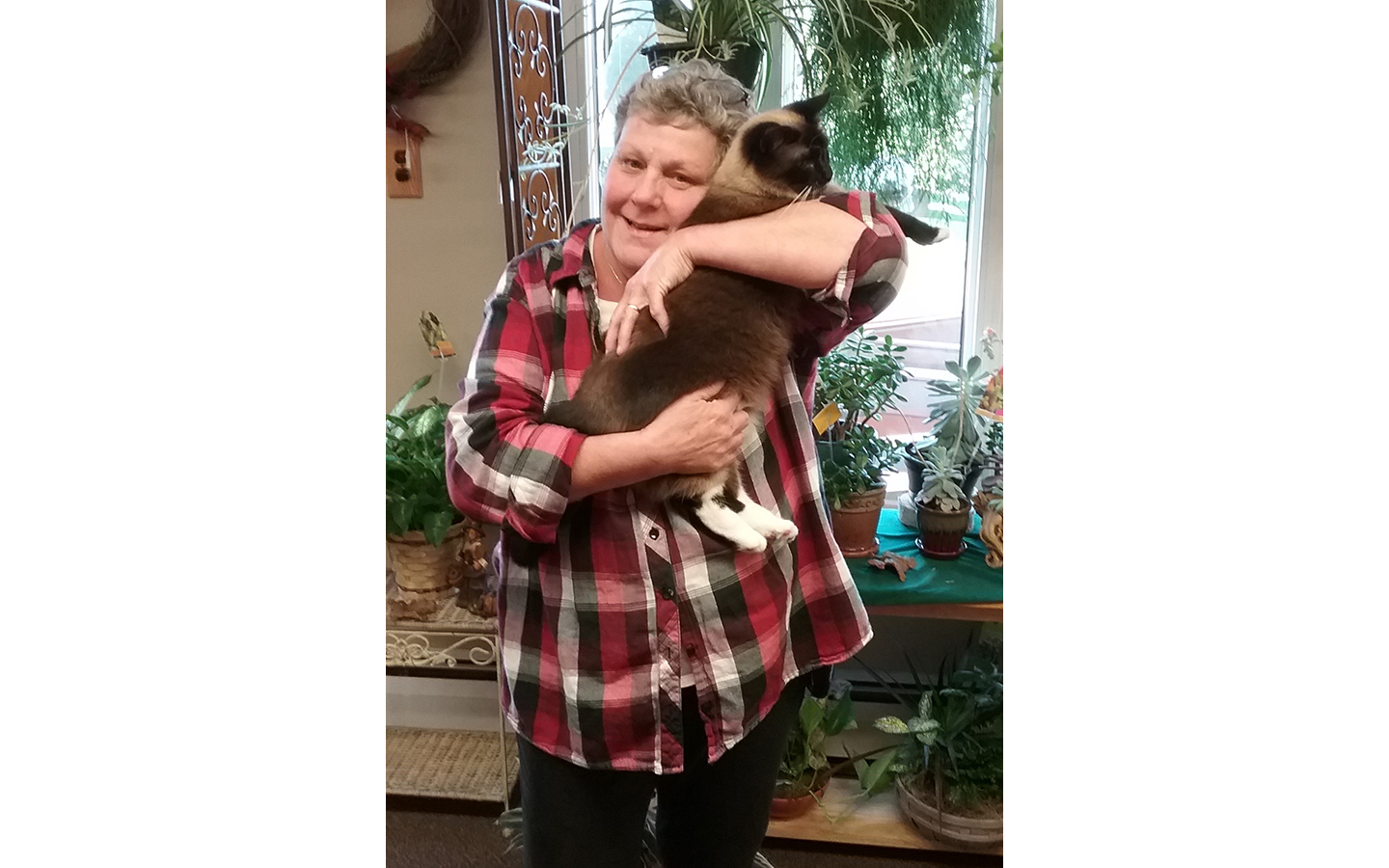
HOULTON, Maine — Kathy Swanson of Mapleton knows first hand the fear that accompanies a diagnosis of breast cancer. The Mapleton women was diagnosed with stage 3 breast cancer just after Christmas in 2011.
The diagnosis left her “frozen” and it took “a long time sink in.”
“No one wants to hear those words,” she said. “I was a walking Zombie. I couldn’t even finish shopping for Christmas. And it wasn’t just me that had cancer, it was my whole family. Your whole family goes through the disease.”
While she fought breast cancer with a powerful chemotherapy cocktail, she said she was “cushioned” by the love of her friends, family and her church.
“People really rallied around me,” she said. “I reconnected with old friends and made new ones.”
She is now cancer free, and said that her doctor told her that still being cancer free 5 years later “is a great marker.”
Karen Flannery of Houlton was diagnosed with breast cancer when she was 55-years-old in 2007. When she first heard the diagnosis, she said, “I immediately saw my name on a gravestone.
“I’d known a few other women who’d gotten breast cancer and passed away,” she said. “So I had so much fear. But the doctors and nurses were great, and I was treated with radiation and now feel fine.”
She said that being diagnosed as cancer free after five years “took away a lot of anxiety.”
“Those first five years, you are thinking every cough is sending you back in time,” she said.
Such emotions are common, according to Bethany Zell, director of Pink Aroostook and president of the Maine Breast Cancer Coalition. Pink Aroostook addresses educational needs, especially understanding the risk of breast cancer and the importance of screening, breast cancer recovery issues, and the availability of services and financial support in Maine for the people of Aroostook County, according to its website.
Zell said that people not only need mental support, but often times financial as well. Both Pink Aroostook and the Maine Breast Cancer Coalition provide financial support to patients, along with advocacy services and education.
Zell said that 255 individuals applied for assistance through the MBCC this year, mostly to offset the costs of travel for treatment and medical co-pays. The coalition gave out $100,000 this year to people dealing with a breast cancer diagnosis.
“That is usually what people need help with the most,” she said. “Even though we have advanced a great deal in rural cancer care, some people still need to travel often to get care.”
Pink Aroostook, according to Zell, helps between 15 and 25 breast cancer patients each year.
“It varies from year to year based on how much financial assistance we can get,” she said.
Zell said that being director of both the Aroostook organization and the state coalition “gives me a good foot in the door so that I can see what is going on both in The County and in Maine.”
She noted that at the state level, they have seen fewer applicants to the MBBC this year than in the past, but cautioned that it is not because breast cancer rates are improving in the state.
“I believe it is the result of people having more access to healthcare,” she said. “The Affordable Care Act is out there now and available, and people also are learning more about other programs out there that can assist them. There is more awareness now.”
She added that breast cancer diagnosis numbers in Maine are roughly the same as they have been since the 1980’s.
In 2017, according to the National Breast Cancer Coalition, an estimated 252,710 new cases of invasive breast cancer will be diagnosed among U.S. women and about 2,470 new cases among U.S. men.







